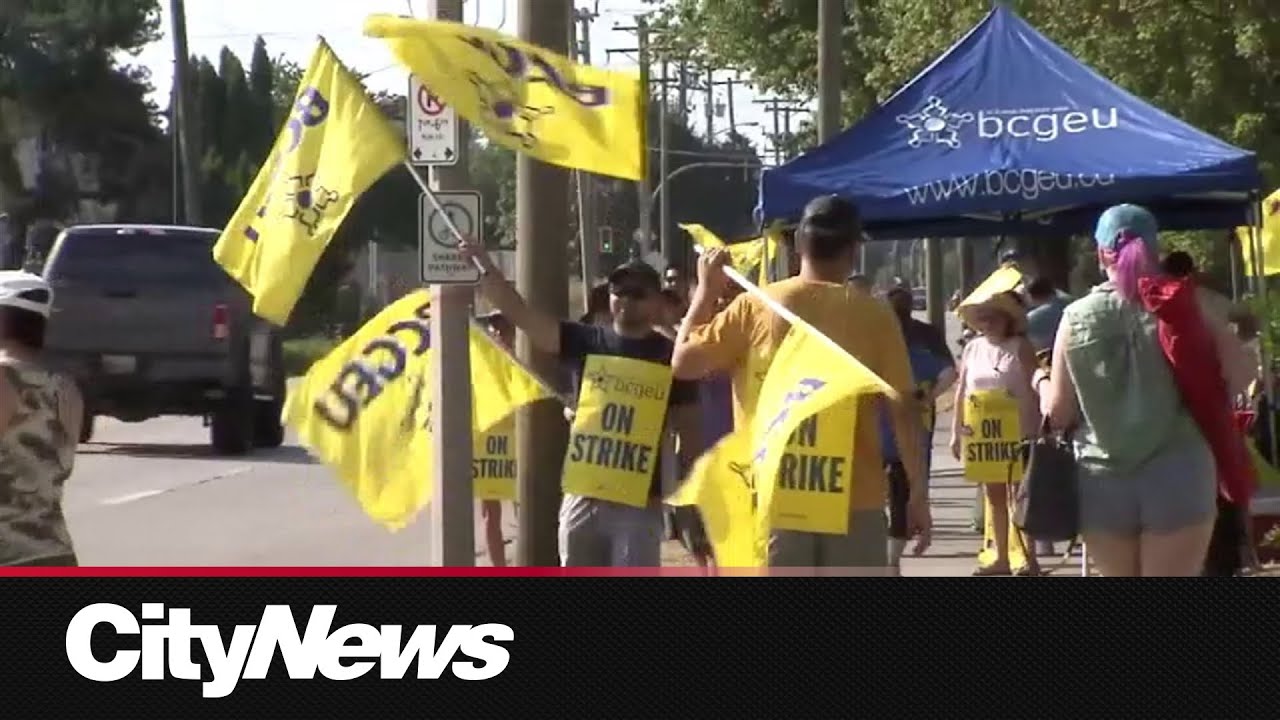A Robust Labor Movement in Focus
The British Columbia General Employees’ Union (BCGEU) has been a cornerstone of labor advocacy in the province, representing tens of thousands of public service workers. Founded in 1917, the union has adapted over the years to meet the dynamic challenges of labor rights, collective bargaining, and workplace safety. Today, BCGEU is not just a union; it is a powerful collective voice fighting for better work conditions, higher wages, and improved benefits for its members.
Current Fight for Fair Wages
In recent months, the BCGEU has struggled with the government to secure fair wage increases amid rising inflation. The cost of living in British Columbia is notably high, and many of its members report that their current wages don’t reflect the financial realities they face. According to BC Statistics, the Consumer Price Index has risen by 3.7% in the last year alone, leading to heightened urgency in ongoing negotiations.
During a recent press conference, BCGEU President, Stephanie Smith, stated, “Our members deserve to be compensated fairly for the essential work they do, especially in these challenging times. It’s critical that their wages keep pace with the rising cost of living.” This sentiment resonates strongly among union members who are increasingly vocal on social media platforms like Twitter and Facebook, where discussions around labor rights are flourishing.
Public Perception and Support
The BCGEU’s efforts have seen a mix of public support and skepticism. Many British Columbians recognize the need for strong unions as a shield against economic inequities, while others argue about the feasibility of their demands amid a constricting provincial budget. A recent poll conducted by Insights West revealed that 62% of respondents support the union’s collective bargaining efforts, emphasizing the importance of fair wages and working conditions.
Conversely, some taxpayers express concern about the feasibility of meeting the union’s demands without impacting government services. Conversations around these issues often intensify during election seasons, with political candidates debating union influence and funding priorities.
The Future of Labor Movements in BC
Looking ahead, the BCGEU faces challenges not only in negotiating better wages but also in adapting to a rapidly changing work environment, especially post-pandemic. The modalities of remote work and hybrid models have created new considerations for labor agreements. Experts suggest that the union may need to pivot its strategies to encompass more progressive workplace rights.
Labor economist Dr. Alyssa Barker noted, “The BCGEU’s ability to adapt to the changing nature of work will be crucial. They have the potential to lead discussions on issues like work-life balance and mental health support in the workplace.”
This timely evolution could position the BCGEU at the forefront of a broader labor renaissance in British Columbia, challenging outdated employment models while advocating for workers’ rights in the modern economy.
Final Thoughts
The BCGEU’s current battles underscore a significant shift in public and political responsiveness regarding labor rights. With strong advocacy and public backing, the union is poised to not only secure better conditions for its members but also to shape the future landscape of labor relations in British Columbia. As discussions continue, the outcome of these negotiations could serve as a barometer for labor movements across Canada, reflecting the ongoing struggle for equity in employment.
